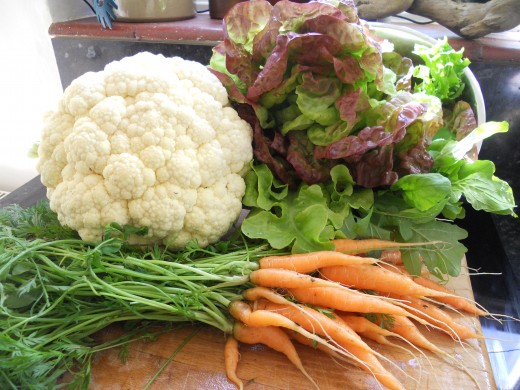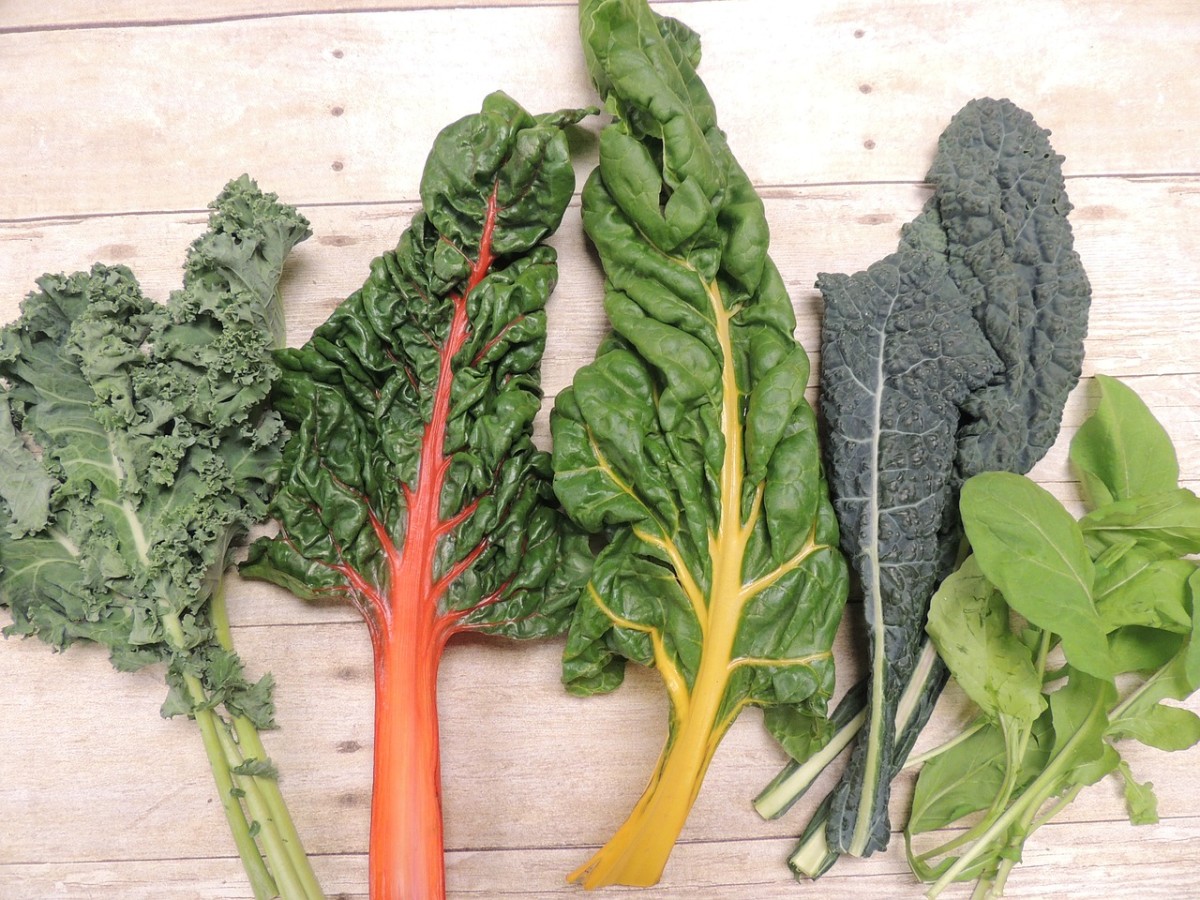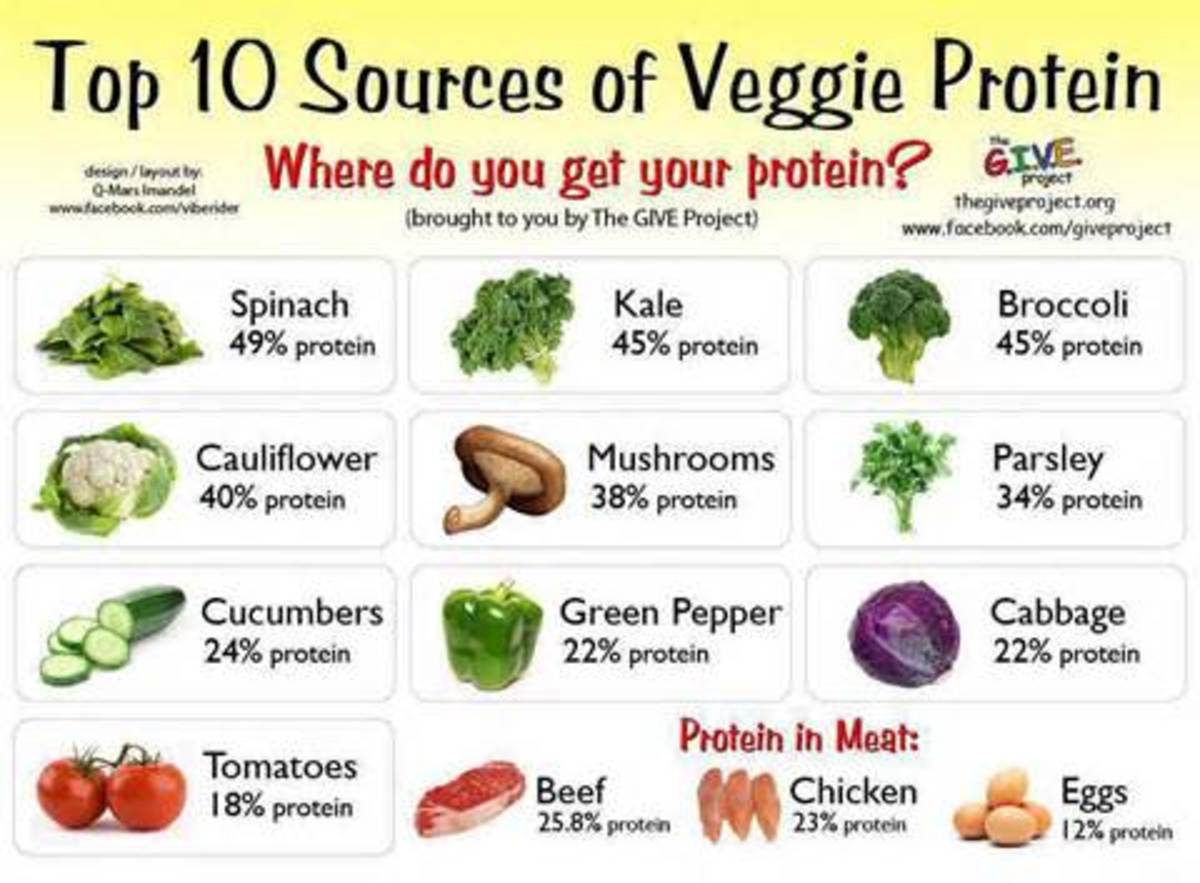How to raise vegetarian children: nutritional tips and advice

Is bringing up your children on a vegetarian diet a healthy and viable option? Are you doing the right thing? Are you giving them all the right nutrients to grow into strong and healthy adults? Is it difficult? In the following article I will attempt to answer these and other important questions, based on over twenty years of personal experience.
There can be many reasons for choosing to raise your children as vegetarians. It could be because of your religious beliefs, for health or ethical reasons, or perhaps your child has decided for themselves not to eat meat. Whatever the reason for your choice it is important to remember that growing children need to get the right nutrients in order to thrive and grow into strong and healthy adults, so, when deciding on any sort of restrictive diet, it is necessary to do a little research on how to get all the correct proteins, vitamins and minerals.
All the nutrients children need can be easily obtained from a vegetarian diet, so long as a good balanced diet is maintained. The essential nutrients that might otherwise be obtained from meat need to be replaced, and those you particularly need to consider are protein, calcium, iron and vitamin B12.
Protein
The two main types of protein available to vegetarians are either animal by-products such as dairy produce, eg milk, cheese, yogurts and eggs, or vegetable proteins that come in the form of nuts, pulses, soya products and wholegrains. Try to use at least one of these sources of protein in each meal, and in the case of vegetable proteins, try to use two different sorts.
How much protein do we need?
Children need a certain amount of protein in order to grow healthy muscle and tissue. How much protein we need depends on age and gender. Too much protein can lead to excess calorie intake and obesity, however this is less likely on a vegetarian diet. The table below gives the US government guidelines for protein intake (taken from their website at www.cdc.gov/nutrition/everyone/basics/protein.html#How%20much%20protein).
Age/gender
| Grams of protein needed each day
|
|---|---|
Children ages 1 – 3
| 13
|
Children ages 4 – 8
| 19
|
Children ages 9 – 13
| 34
|
Girls ages 14 – 18
| 46
|
Boys ages 14 – 18
| 52
|
Women ages 19 – 70+
| 46
|
Men ages 19 – 70+
| 56
|
Recommended Dietary Allowance for Protein
To give you a rough idea of what this means, one egg contains 6 to 7 grams of protein, while a cup of milk contains 8 grams, and a cup of dried beans contains about 16 grams.
Animal sources of protein such as dairy products and eggs provide a more complete type of protein, while vegetable sources such as nuts, beans, pulses and grains are less complete, and it is recommended to combine at least two different sorts of vegetable protein, for example beans with rice. Whole grains are preferable to more processed types, as they contain additional protein.
Minerals
Some essential minerals that children will need are calcium, zinc and iron. Calcium is best sourced from dairy products and dark green leafy vegetables, and is essential for healthy teeth and bone growth, nerve and muscle function. Nuts and seeds are good sources of zinc, and also have the benefits of added protein and omega oils. Iron is necessary for production of red blood cells, and can be provided by green vegetables such as spinach, broccoli, cabbage and watercress, or eggs. Vitamin C helps the body to absorb iron, so fresh fruit or juice with a meal is beneficial.

Vitamins
Most vitamins can be easily obtained from eating a variety of fruit and vegetables, but vitamin B12 is only obtainable from meat, dairy products or yeast. If you include dairy in your vegetarian diet you should be fine, but those on a vegan diet will need to make sure they get B12 from yeast extract (e.g. Marmite) or take a brewer's yeast supplement.
As mentioned above, vitamin C is important in helping the body to absorb iron, so making sure they have some fresh vitamin C-rich fruit every day is a good idea.
Making it easy
So, now we have the nutritional requirements sorted, how do we deal with other issues, such as ethical, social and practical problems?
Children brought up on a vegetarian diet from birth are less likely to question what you feed them, but older children changing from a meat based diet may have more trouble adapting. Try to make the food appealing, and make them feel that they are getting something special, rather than being denied something - a vegetarian diet doesn't have to be all brown rice and lentils, and can be every bit as interesting as a carnivorous one!
Try to get your children involved in preparing food. This is important whatever type of diet you have, it is a valuable life skill, and will help their understanding of their own nutritional needs, what they are eating and why they are eating it. Children often enjoy trying new foods if they have had a hand in making them.
Some children may feel they are being deprived of something that all their friends are eating, so once a child is old enough to make a choice, it is only right to let them decide for themselves whether or not to be a vegetarian. I always stuck to a vegetarian diet at home, but made it clear to my children that if they ever wanted to try eating meat or fish while they were out, then it was their choice. Luckily eating out as a vegetarian is much easier than it used to be, and there is usually a vegetarian option even at fast food outlets, such as veggie burgers or pizzas, so there is no need for them to feel left out on social occasions.
What to eat
So long as you give your children a varied and balanced diet you can't really go wrong. Try to include at least one source of protein, some carbohydrates for energy and fresh vegetables with each main meal.
Cooking your own vegetarian meals is of course preferable, but not every meal has to be an ordeal in the kitchen, there are lots of ready-made vegetarian meals available these days that can always be kept in store. If you have a mixed family with some vegetarians and some meat eaters, it is often handy to have something ready prepared - I sometimes make a bit extra when cooking such dishes as veggie stews, curries or chillis, and freeze a couple of portions for later use when I'm short of time or stuck for ideas!
Breakfast time is a good time to get some nutrients into the body, try fruity and nutty muesli, cooked eggs with wholemeal toast, or fruit and yogurt smoothies to give them a great start to the day.
Children that are reluctant to eat fresh fruit and vegetables might be persuaded to get their vitamins through blended soups, pureed vegetable dips or fruit and vegetable smoothies.
Some links to vegetarian main course recipes are listed below, to give you some ideas.
- Beany chilli for vegetarians: an easy recipe with se...
Vegetarian chilli makes a great main course and can be served with a variety of accompaniments to suit all tastes. This recipe is very tasty and simple to make. - Vegetarian Quiche - a recipe with wholemeal pastry
This is a wholefood recipe for a traditional dish that can be used as a vegetarian main course. It is full of protein and goodness, and uses wholemeal pastry for the crust for a very satisfying and tasty dish. The following recipe is for a 7-8... - Vegetarian Main Courses - Winter Vegetable Hot-Pot
A recipe for vegetarian hot-pot, a lovely winter-warming dish that is both tasty and nutritious, also suitable for vegans. - Five recipe ideas for egg based dishes - ways to use...
Five easy recipes for cooking with eggs, all suitable for vegetarians, and a great way to get some good quality protein into your diet. Spanish omelette, cheese souffle, vegetable quiche, lemon meringue pie and egg custard. - Vegetarian Main Courses - Cheese, onion and potato b...
An easy recipe for cheese, onion and potato bake. Easy to make with simple, cheap ingredients, this dish is a great standby for a quick vegetarian meal.









